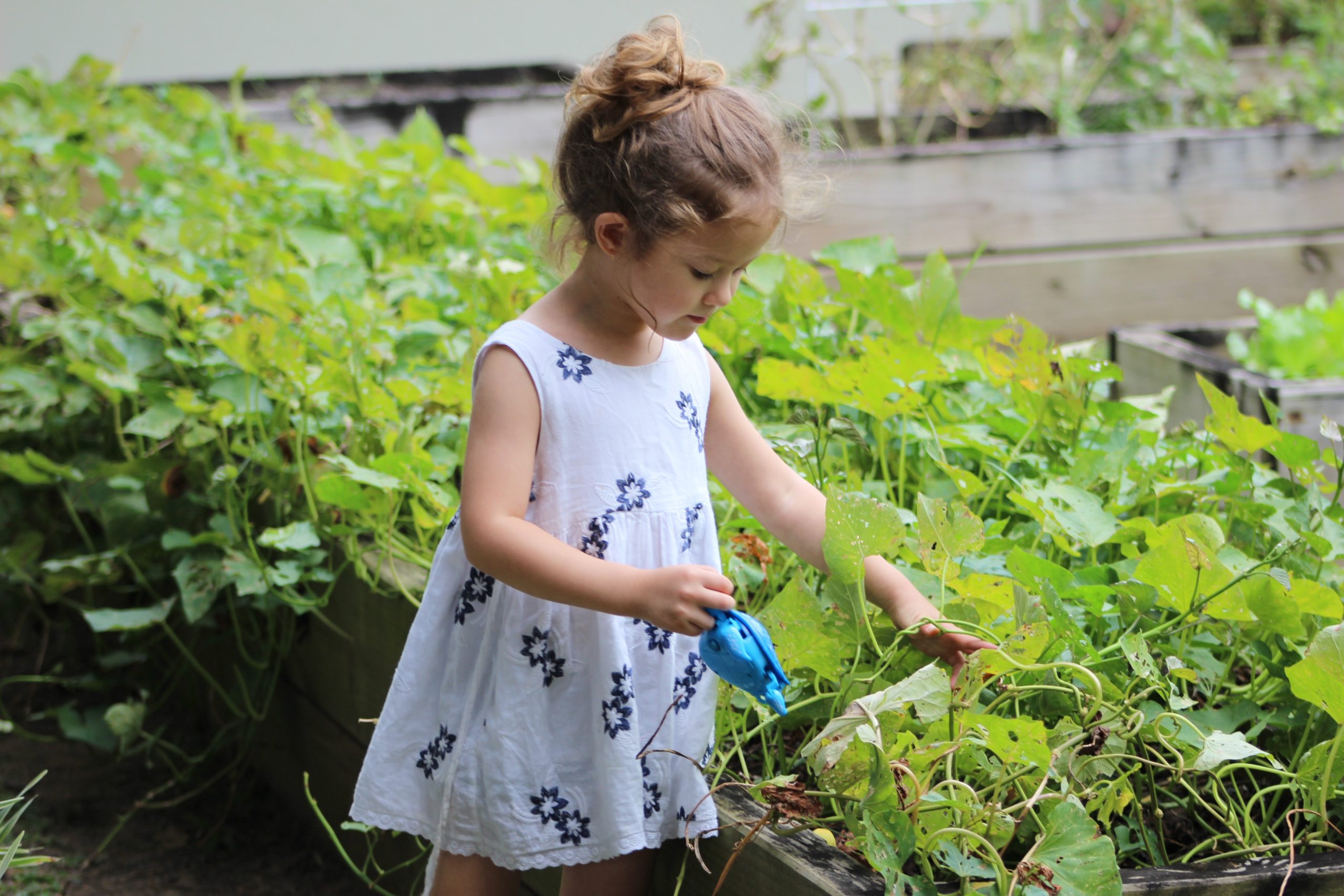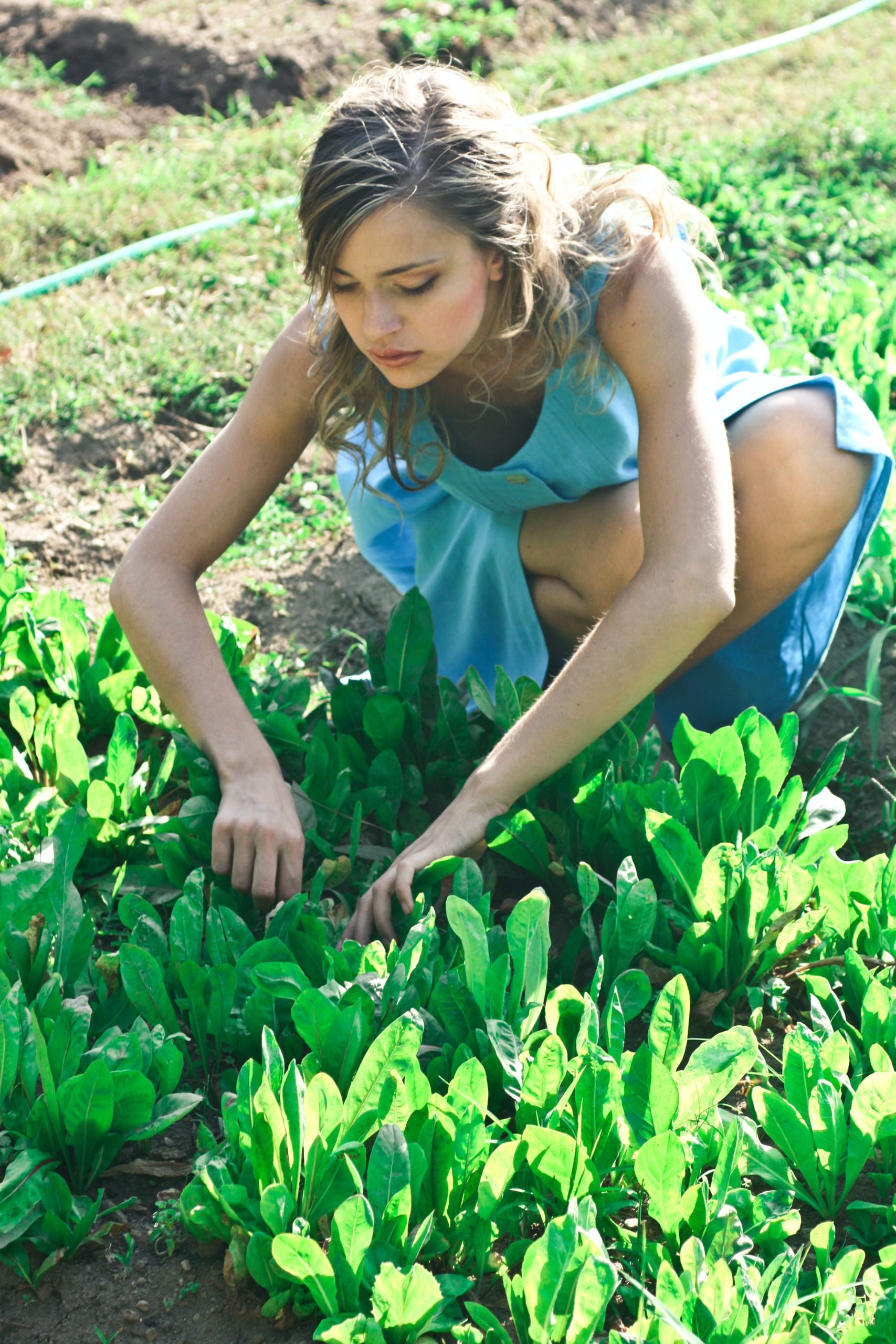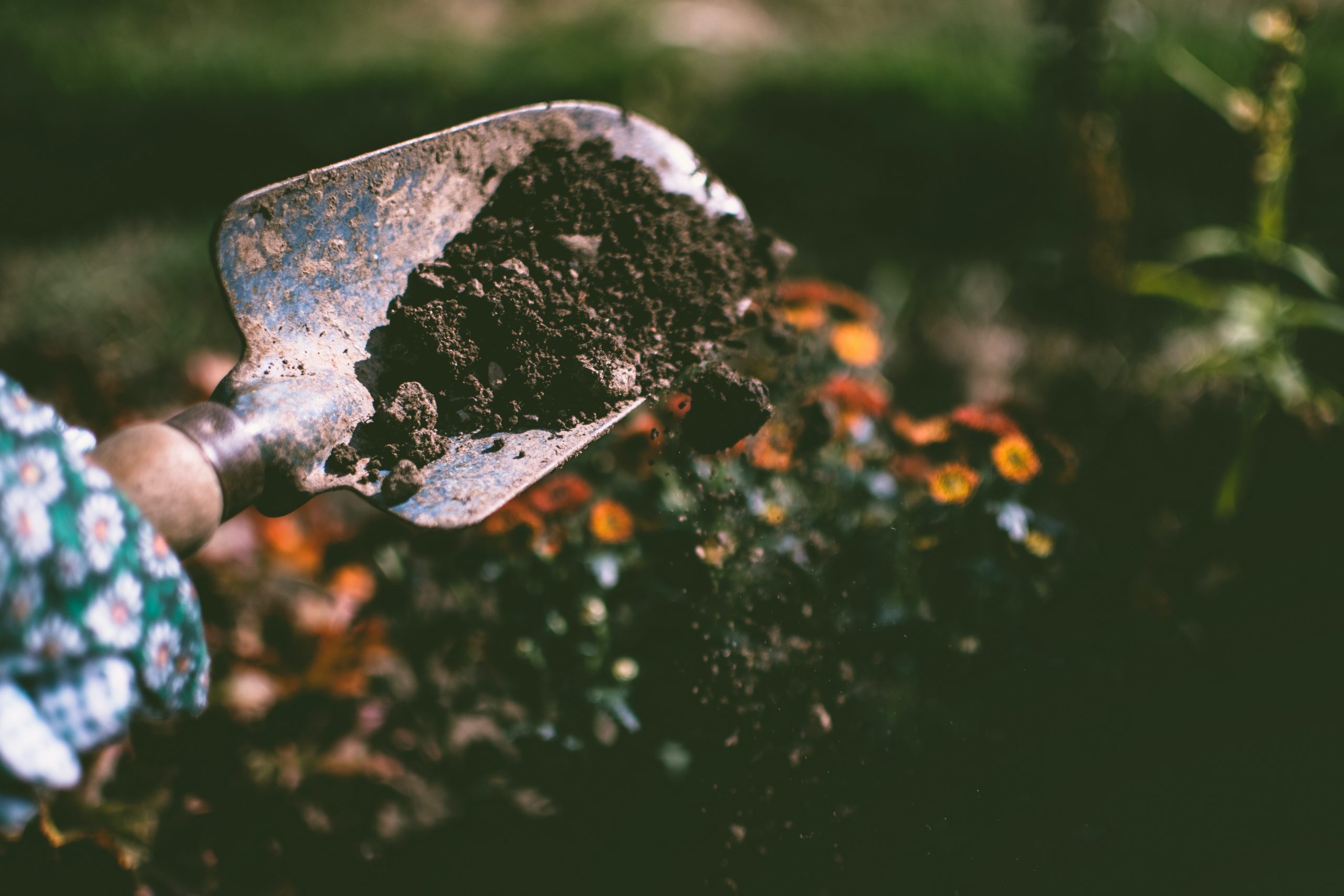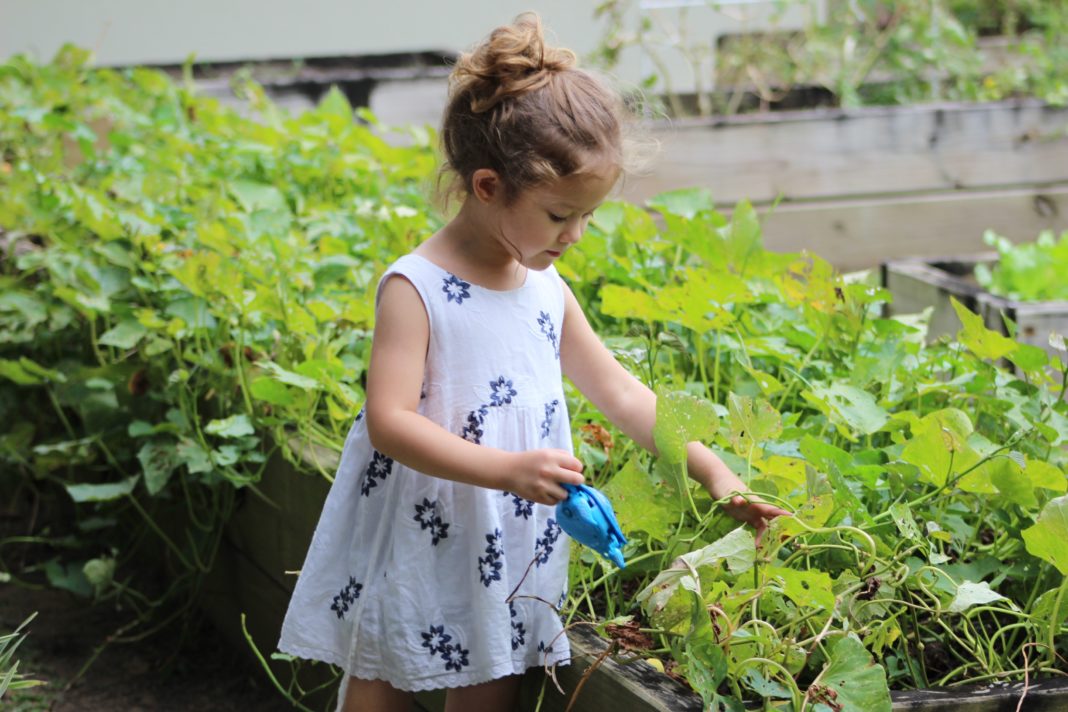No More Mistakes! 5 Mistakes of First Time Gardeners. When it comes to gardening, there are a few key things that you need to know in order to avoid making mistakes. Here are 5 of the most common mistakes that first-time gardeners make:

What should you not do when growing plants?
1. Don’t overwater your plants.
2. Don’t place your plants in direct sunlight.
3. Don’t use chemical fertilizers.
4. Don’t neglect to water your plants.
5. Don’t over-fertilize your plants.
How do I protect my new garden?
1. Don’t use too much water.
2. Don’t allow the soil to dry out completely.
3. Don’t leave your garden in direct sunlight.
4. Keep your plants well-watered.
5. Use mulch to protect your plants from the sun and heat.
6. Use a tarp or plastic sheeting to protect your plants from frost damage.
7. Protect your plants from pests with traps or barriers.
8. Remove any dead or dying plants from your garden promptly to prevent the spread of disease.
9. Keep your gardening tools clean to prevent the spread of disease and pests.
How do you manage garden problems?

1. Don’t allow weeds to take over your garden.
2. Don’t let pests destroy your plants.
3. Don’t allow diseases to spread through your garden.
4. Remove any dead or dying plants promptly.
5. Keep your gardening tools clean and disinfected.
6. Practice crop rotation to prevent disease and pests from becoming a problem.
7. Use mulch to protect your plants from the sun and heat.
8. Water your plants regularly and evenly.
9. Inspect your plants regularly for signs of pests or disease.
How can I ruin my garden?
1. By overwatering your plants, you can drown them.
2. By placing your plants in direct sunlight, you can scorch them.
3. By using chemical fertilizers, you can damage the soil and make it toxic to plants.
4. Neglecting to water your plants will cause them to wilt and die.
5. Over-fertilizing your plants can burn their roots and kill them.
What is the most common mistake of first-time gardeners?
No More Mistakes! What 5 Mistakes of First Time Gardeners? The most common mistake of a first time gardener is overwatering their plants. Overwatering can drown the roots of your plants and cause them to rot. It is important to water your plants, but be sure to do so sparingly. Allow the soil to dry out between watering sessions and never leave your plants sitting in water.
What are some tips for protecting my new garden?
There are several things you can do to protect your new garden:
– Use mulch to protect your plants from the sun and heat.
– Cover your garden with a tarp or plastic sheeting to protect it from frost damage.
– Set up traps or barriers to keep pests away from your plants.
– Remove any dead or dying plants from your garden promptly to prevent the spread of disease.
– Keep your gardening tools clean to prevent the spread of disease and pests.
What are some tips for managing garden problems?
There are several things you can do to manage garden problems:
– Pull weeds regularly to prevent them from taking over your garden.
– Inspect your plants regularly for signs of pests or disease.
– Remove any dead or dying plants promptly.
– Keep your gardening tools clean and disinfected.
– Practice crop rotation to prevent disease and pests from becoming a problem.
– Use mulch to protect your plants from the sun and heat.
– Water your plants regularly and evenly.
Why is my garden soil clumpy?
There are several reasons why your garden soil might be clumpy:
– The soil is too dry and needs to be watered.
– The soil is too compacted and needs to be loosened.
– There are too many roots in the soil and they are preventing the soil from draining properly.
– The soil contains clay particles which can cause it to become clumpy when it is wet.
How can I make my garden soil-less clumpy?
There are several things you can do to make your garden soil-less clumpy:
– Water the soil thoroughly to loosen the compacted particles.
– Use a garden fork or tiller to aerate the soil and improve drainage.
– Add organic matter to the soil to improve its structure.
– Mix in sand or perlite to improve drainage.
– Amend the soil with gypsum to break up clay particles.
What can I put around my garden to keep animals out?
There are several things you can put around your garden to keep animals out:
– Fencing: A fence is the most effective way to keep animals out of your garden. Choose a fence that is tall enough and made of a material that the animal cannot chew through or climb over.
– Netting: Netting can be placed over plants to protect them from animals.
– Repellents: Repellents can be sprayed around the perimeter of your garden to deter animals. Be sure to choose a repellent that is safe for use around food crops.
– Traps: Traps can be used to catch animals that are already in your garden. Be sure to check local laws before using any type of trap.
S.O.S Gardeners! Do squirrels ruin gardens?

One of the most common mistakes that new gardeners make is not taking into account the potential for squirrel damage. Squirrels are notorious for raiding gardens in search of food, and they can wreak havoc on delicate plants and vegetables. If you’re worried about squirrels ruining your garden, there are a few things you can do to deter them.
First, make sure that your garden is properly fenced in. A good fence will go a long way towards keeping squirrels out. Second, avoid planting foods that squirrels find irresistible, such as corn and nuts. Finally, consider using a squirrel-proof bird feeder to keep them from getting to your birdseed. With a little bit of planning, you can enjoy a squirrel-free garden.
How do I protect my raised beds?
Raised beds are a great way to grow your own food, but they can be vulnerable to pests and animals. There are a few things you can do to protect your raised beds, such as lining the bottom with a hardware cloth or chicken wire. You can also build a simple fence around the perimeter of the bed to keep animals out. Finally, make sure that the bed is located in an area where it won’t be disturbed by foot traffic or other activity. By taking these precautions, you can rest assured that your raised bed will be safe from harm.
How do you start a garden hobby?
Gardening can be a great hobby for anyone who enjoys spending time outdoors and working with their hands. If you’re interested in starting a garden, the first step is to choose an area that gets plenty of sunlight. Once you’ve selected a spot, you’ll need to test the soil to see what kind of plants will do well there. Then, it’s time to start planting! You can either grow vegetables or flowers, or both. Gardening can be a lot of work, but it’s also very rewarding. With a little patience and care, you can have a beautiful garden that you can enjoy for years to come.
If you want to read our other similar content, you can click on this link. If you want to read the content of another site similar to this one, you can click this link.
